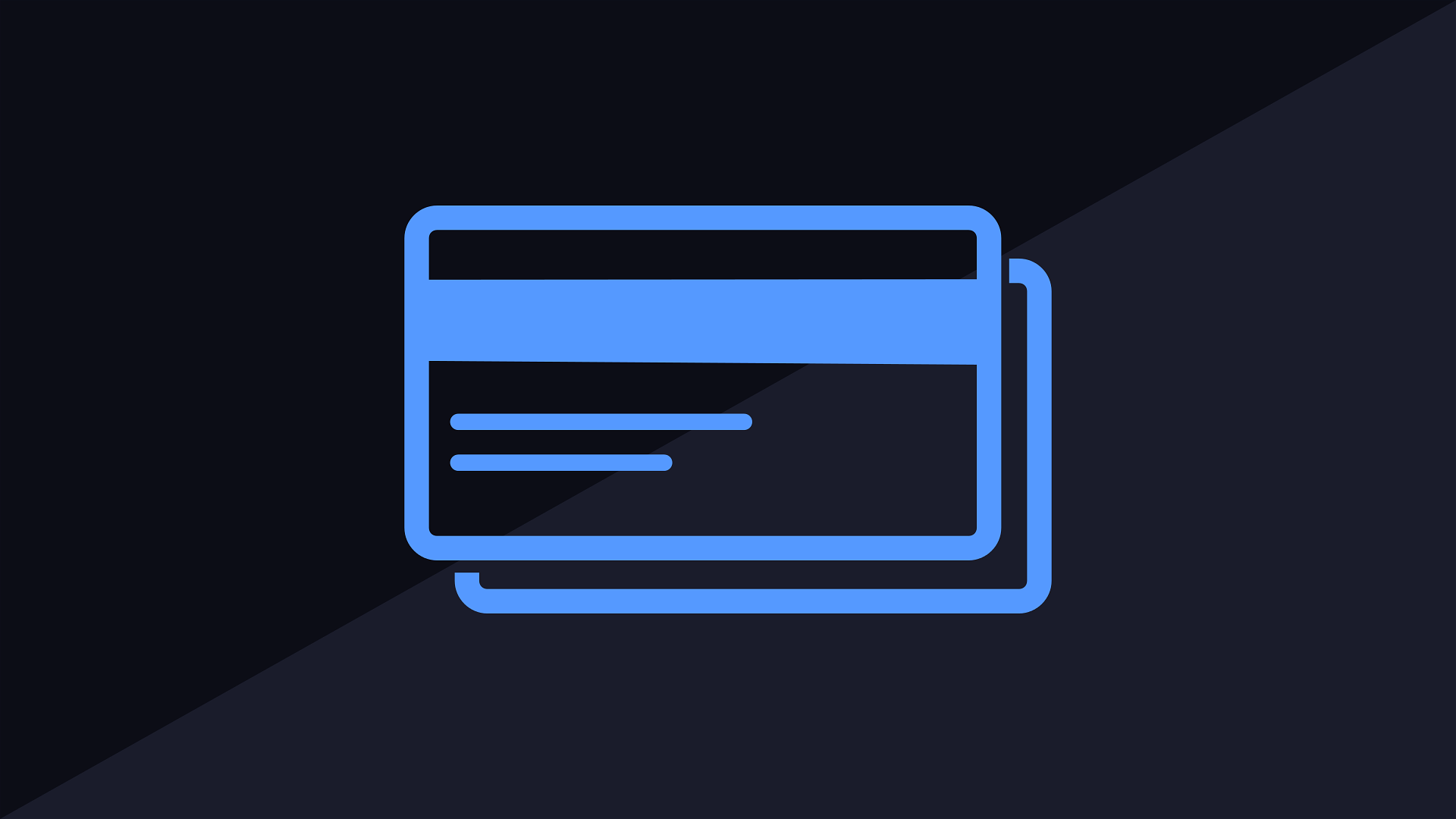Credit Card Payments: When To Settle For Maximum Benefit

Credit card s can be great financial tools, but managing them well is essential to avoid high-interest charges and preserve a healthy credit score. Many users aren't aware that to fully benefit from the interest-free period, clearing the entire bill before the due date is essential. Here, we break down key practices for managing credit card payments effectively and minimising costs, helping you make the most of your card without hurting your finances.
Understand Your Billing Cycle and Due Dates
Each credit card has a billing cycle, typically lasting 30 days, with a payment due date following this period. Paying your balance on or before this due date ensures you avoid high-interest charges. Credit cards often offer a 45 to 50-day interest-free period on new purchases, but this benefit only applies if your balance is cleared in full each month.
Key Tip: Avoid carrying a balance into the next cycle, as any outstanding amount begins to accrue interest, often at high rates. Late payments also incur penalties and could negatively impact your credit score.
Pay Early in the Billing Cycle to Boost Credit Utilisation
One way to improve your credit score is to maintain a low credit utilisation ratio — the percentage of your available credit that you’ve used. Aim to keep this ratio below 30%, as high utilisation can signal to lenders that you're heavily reliant on credit. By making payments early in the billing cycle, you lower the balance that’s reported to credit agencies, improving your credit score.
Example: If your billing cycle ends on the 15th of each month, making payments shortly after the statement date rather than waiting until the due date can keep your reported balance lower.
Avoid Only Paying the Minimum Amount Due
Paying just the minimum due each month might keep your account in good standing, but interest will accrue on the remaining balance. To reduce financial charges, try to pay more than the minimum, ideally the full balance. This habit will help you save on interest and shorten the time it takes to clear any debt.
Impact on Your Credit Score: Regularly paying the full amount keeps your credit score healthy, whereas paying only the minimum due can lead to a prolonged cycle of debt, ultimately affecting your score.
Consider Making Multiple Payments Per Cycle
For frequent card users, multiple smaller payments during the billing cycle can help manage credit utilisation more effectively. Making several payments spreads out your balance over time, reducing the high utilisation spikes that occur when making only one payment at the end of the cycle. This method can also make budgeting more manageable.
Tip: Scheduling two or three smaller payments throughout the month can prevent you from overspending and reduce the financial strain of one large payment.
Set Up Auto-Pay to Avoid Late Fees
Setting up auto-pay can safeguard against missed payments, which often come with late fees and penalties. This method is particularly helpful for users with multiple bills, as it ensures that at least the minimum payment is covered each month. However, auto-pay doesn’t eliminate the need for manual payments — these can be used to pay off any remaining balance to avoid interest charges entirely.
Pro Tip: Use auto-pay for the minimum amount and supplement it with manual payments when possible to cover the full balance.
Next Story